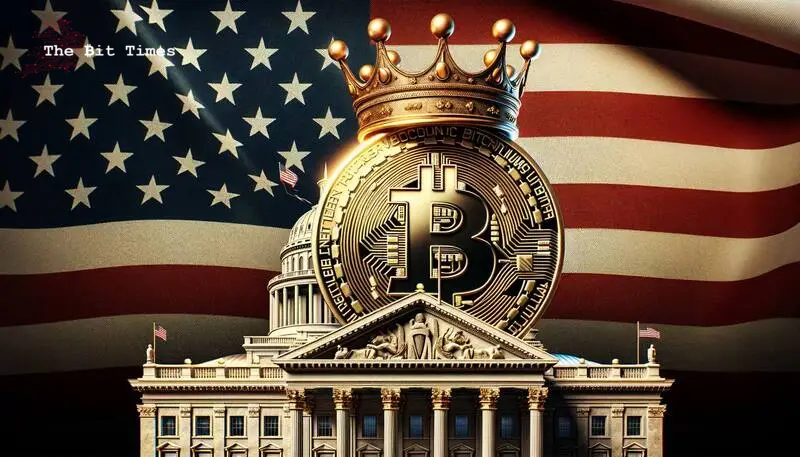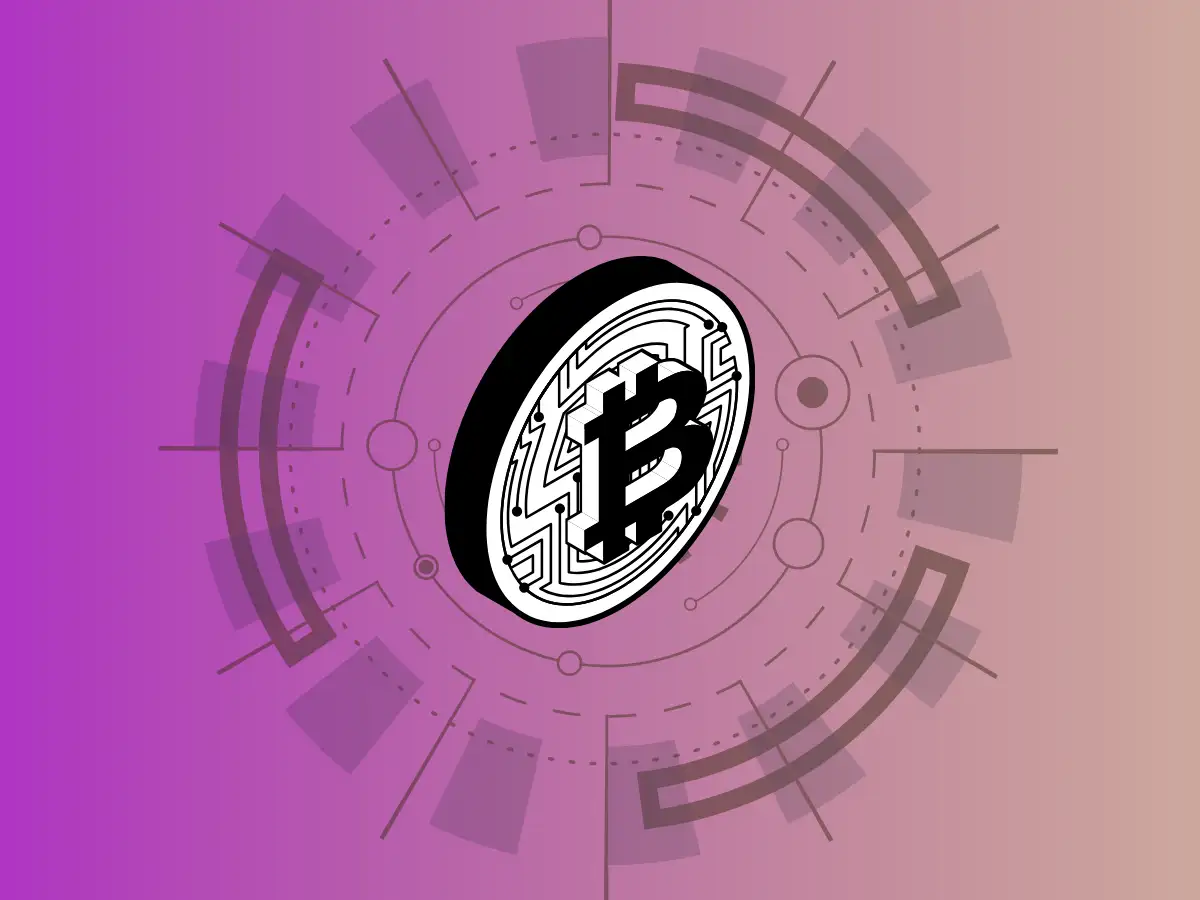Bitcoin Volatility Hovers Near Historical Low, but 'Beware the Quiet,' Analysts Warn
Bitcoin price volatility has sunk to historical lows with its price hovering about 2% off its all-time high, but QCP Capital analysts are warning investors to "beware the quiet."
"Volatility may be on summer break, but Q3 and Q4 could still deliver fireworks," the analysts wrote in a recent blog post.
The current low volatility is a sign that markets have priced in a Goldilocks scenario with delayed tariffs, rate cuts from the Federal Open Markets Committee later this year, and sustained fiscal deficits, the analysts wrote.
"While whales, OGs, and miners largely sidelined, Bitcoin remains just 2 to 3 percent below all-time highs," they said. "This is supported by steady inflows from ETFs and public corporate treasuries."
BlackRock's iShares Bitcoin Trust, which trades on the Nasdaq under the IBIT ticker, has netted nearly $53 billion in inflows since its debut 18 months ago and just reached 700,306.7922 Bitcoin in its holdings. It has been the fastest-growing exchange-traded fund in the industry's 32-year history.
That means that BlackRock holds 3.52% of the 19.8 million circulating supply of Bitcoin. And Jamie Elkaleh, chief marketing officer at Bitget Wallet, noted that the company's iShares Ethereum Trust now holds 1.5% of all ETH.
"If ETF inflows continue, we could be entering the early stages of a structural supply squeeze," he said. "That means less ETH circulating on the open market, more volatility, and stronger upward pressure on price."
The QCP analysts also noted that equities are "extending their melt-up rally."
At the time of writing, the S&P 500 was trading at $6,226.78—up 3.6% over the past month. And the Nasdaq 100 index has gained 4.2% over the same period. Both indexes have recently hit all-time highs.
QCP analysts also noted that "credit spreads are the tightest they've been since the March-April correction." Credit spreads refer to the extra yield investors demand to hold riskier corporate bonds over safer government debt. For the spread to be especially narrow is a sign of investor confidence because they're not demanding much compensation for the credit risk.
The real macro signal to watch will be whether President Donald Trump can get more trade deals signed before his new August 1 deadline. Risk assets, like Bitcoin, have largely taken the new tariff deadline in stride, QCP wrote, having come to expect blustery tariff rhetoric without action.
"Should Trump decide to follow through, however, the impact would be materially anti-growth," the analysts said. "It would mark a true test for global risk resilience."
You may also like...
Diddy's Legal Troubles & Racketeering Trial

Music mogul Sean 'Diddy' Combs was acquitted of sex trafficking and racketeering charges but convicted on transportation...
Thomas Partey Faces Rape & Sexual Assault Charges

Former Arsenal midfielder Thomas Partey has been formally charged with multiple counts of rape and sexual assault by UK ...
Nigeria Universities Changes Admission Policies

JAMB has clarified its admission policies, rectifying a student's status, reiterating the necessity of its Central Admis...
Ghana's Economic Reforms & Gold Sector Initiatives

Ghana is undertaking a comprehensive economic overhaul with President John Dramani Mahama's 24-Hour Economy and Accelera...
WAFCON 2024 African Women's Football Tournament

The 2024 Women's Africa Cup of Nations opened with thrilling matches, seeing Nigeria's Super Falcons secure a dominant 3...
Emergence & Dynamics of Nigeria's ADC Coalition

A new opposition coalition, led by the African Democratic Congress (ADC), is emerging to challenge President Bola Ahmed ...
Demise of Olubadan of Ibadanland
Oba Owolabi Olakulehin, the 43rd Olubadan of Ibadanland, has died at 90, concluding a life of distinguished service in t...
Death of Nigerian Goalkeeping Legend Peter Rufai

Nigerian football mourns the death of legendary Super Eagles goalkeeper Peter Rufai, who passed away at 61. Known as 'Do...




